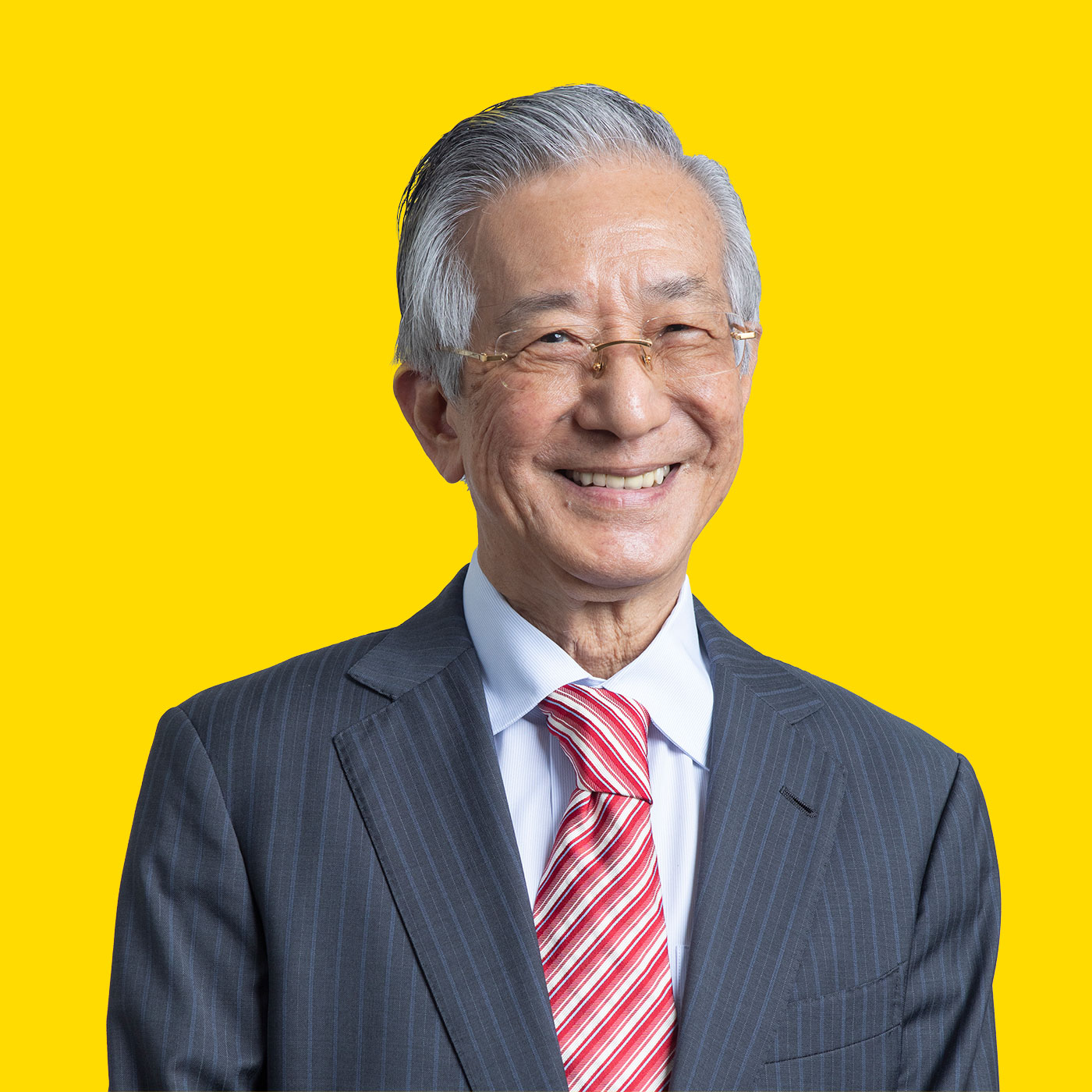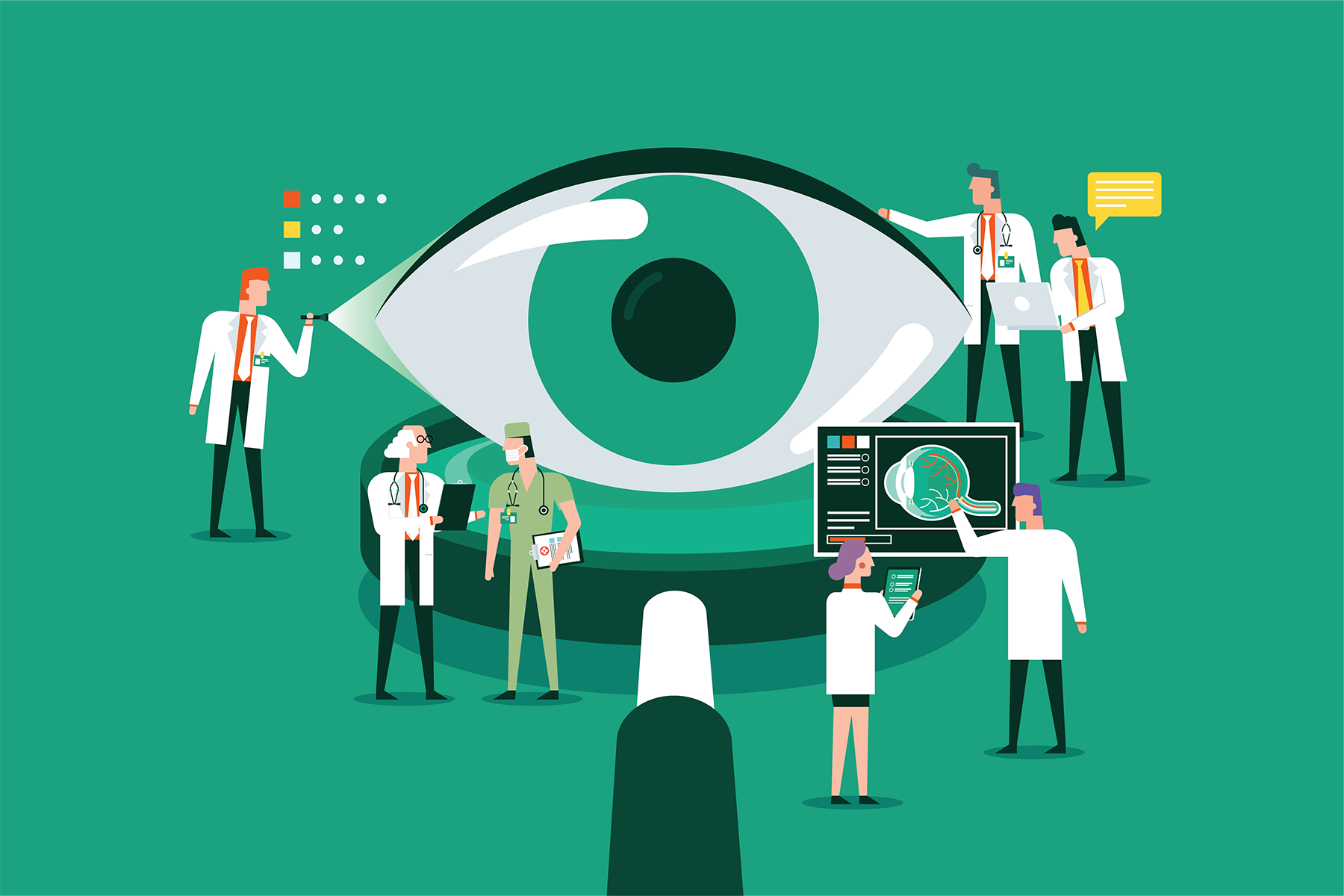
Issue 43 / August 2022
DOSSIER
NUS Medicine Launches Philip Yeo Professorship in Medicine

The National University of Singapore Yong Loo Lin School of Medicine (NUS Medicine) has established a new professorship in honour of one of Singapore’s best-known public service leaders.
amed after Mr Philip Yeo, an alumnus of NUS and the former Chairman of Singapore Economic Development Board (EDB) and Agency for Science, Technology and Research (A*STAR), the professorship will see the appointment of a world-leading expert to lead and spur innovative research, train the next generation of leaders in public health and medicine and forge partnerships with experts from various disciplines to comprehensively tackle public health challenges.
In an illustrious career spanning four decades in the public service, Mr Yeo made significant contributions to Singapore’s economic, military, and biomedical sectors, forging a well-earned reputation as the man who led and transformed Singapore into a leading centre for biomedical research and development.
“We are deeply privileged to establish a professorship in the School of Medicine in honour of Mr Yeo. The Philip Yeo Professorship in Medicine will enable NUS to attract leading academics to further advance medical research and education in Singapore.”
NUS President Professor Tan Eng Chye
NUS President Professor Tan Eng Chye said, “In 2021, NUS conferred on Mr Philip Yeo the prestigious Eminent Alumni Award in recognition of his illustrious contributions to Singapore, especially his visionary role in building and growing Singapore’s biomedical sector. We are deeply privileged to establish a professorship in the School of Medicine in honour of Mr Yeo. The Philip Yeo Professorship in Medicine will enable NUS to attract leading academics to further advance medical research and education in Singapore.”
Established by NUS Medicine to transform the practice of medicine and improve the health and lives of people in Singapore and beyond, the Philip Yeo Professorship in Medicine is the second in a series of new professorships named after prominent contributors to Singapore and the field of Medicine.
“The pandemic in the last two years has brought to the fore, the need for a multidisciplinary approach in tackling global health challenges. Perspectives cutting across the political, public health, social, cultural and technological realms need to be looked at holistically and brought together as an integrated solution. We are excited to work with Mr Philip Yeo on this new professorship which we hope will help attract some of the most radical and brilliant brains in the global biomedical field and nurture the next generation of leaders who are innovative and forward-looking in addressing future healthcare needs,” said the Dean of NUS Medicine, Professor Chong Yap Seng.
“We are in a time of great change as a result of technological advancements, ageing populations, changing disease patterns, new discoveries for the treatment of diseases and political reforms and policy initiatives. We live in an ever-shrinking and increasingly interconnected world linked through technology. Advances in medicine, genetics, technology, robotics, big data analytics, machine and deep learning will radically transform and disrupt the practice of medicine. I hope that this professorship can help this fine institution shine even more brilliantly and drive advances in medicine,” said Mr Philip Yeo.
An illustrious service

Known for making things happen at breakneck speed during his four decades in public service, Mr Yeo served in the Singapore Administrative Service (1970-1999). He also held various appointments in the Ministry of Defence. He started multinational corporation-sponsored EDB scholarships, gathered the best brains of the country into A*STAR and spearheaded biomedical research by attracting international pharmaceuticals to do their R&D in Singapore.
The benefits of such an initiative were clear to him. Singaporeans’ health and well-being would improve through the research that would be done here and jobs would be created with the establishment of international pharmaceutical R&D and manufacturing facilities. To gain an understanding of the biomedical industry, he became a keen reader of medical and scientific publications and took a course on molecular biology.
Mr Yeo also found time to serve on various bodies. He was a member of the United Nations Committee of Experts on Public Administration (2010-2013), and a member of the World Health Organization Expert Working Group on Research & Development Financing (2009-2010).
In May 2006, he was conferred the honorary Doctor of Medicine by Karolinska Institutet, the foremost medical school in Sweden. Throughout his career, he has received numerous accolades from around the world for efforts in making Singapore one of the most exciting BioScience hubs in Asia, through a variety of policy, fiscal measures and setup of world class infrastructure. He received the Japan Nikkei Prize for Science and Technology in May 2006, the Harvard Business School’s Alumni Achievement Award in September 2006, and was conferred the honorary Doctor of Science by Imperial College London and the Order of Nila Utama (First Class), one of Singapore’s most prestigious National Day Awards.




